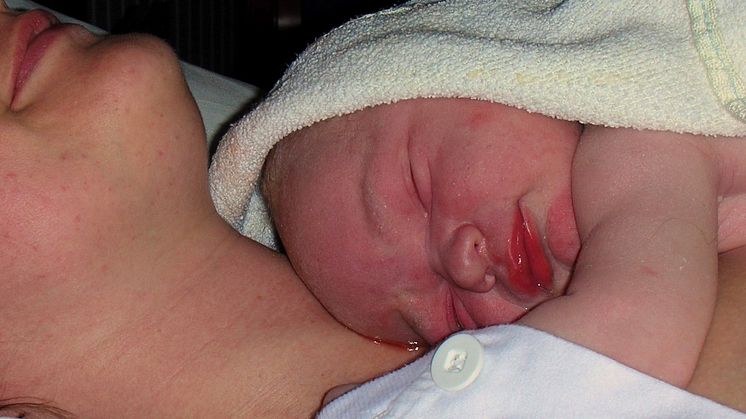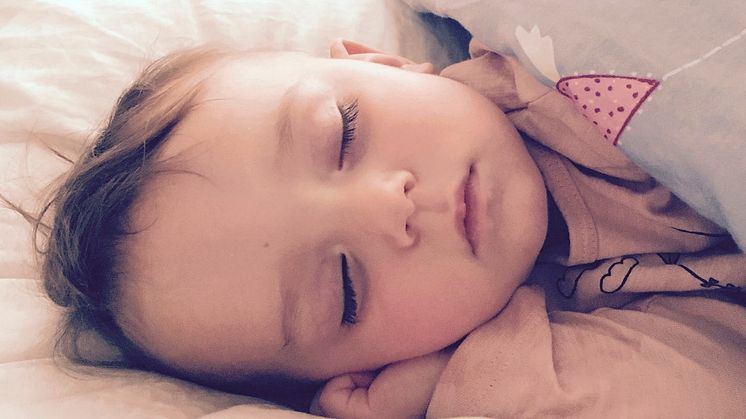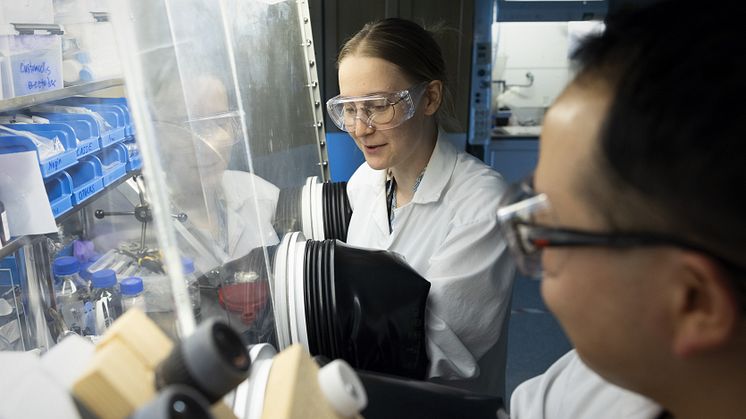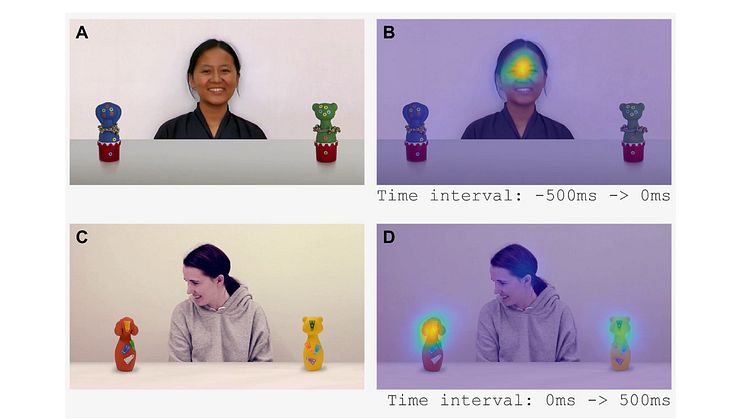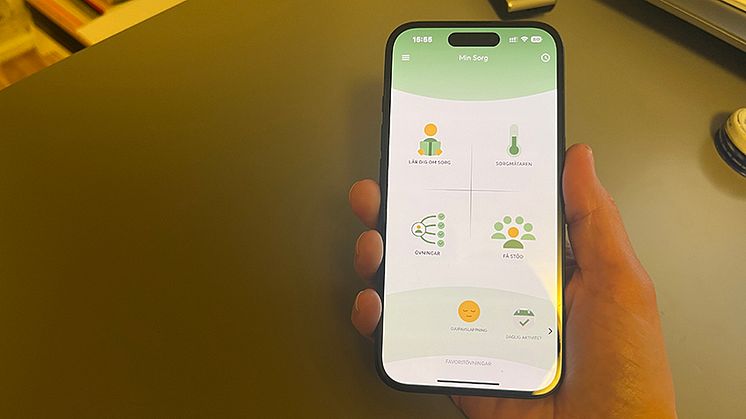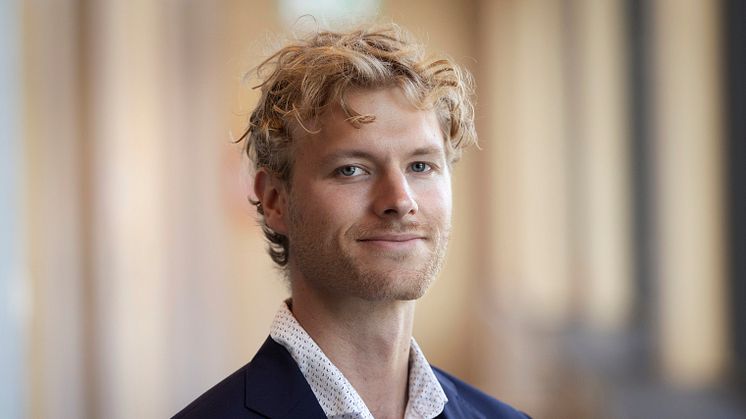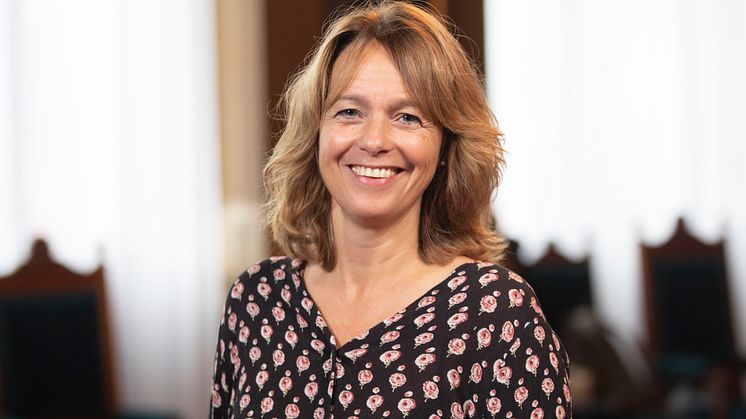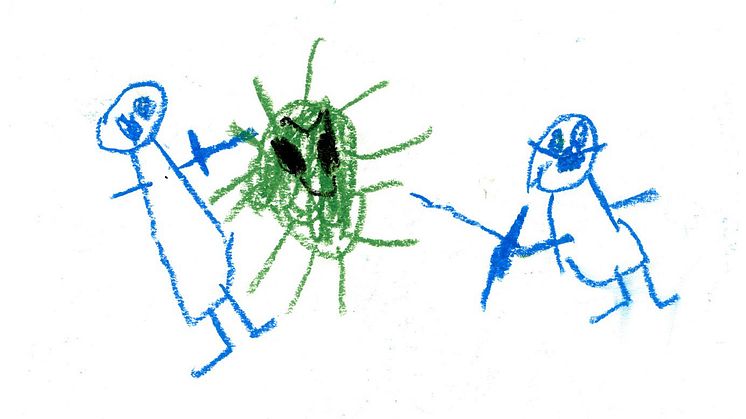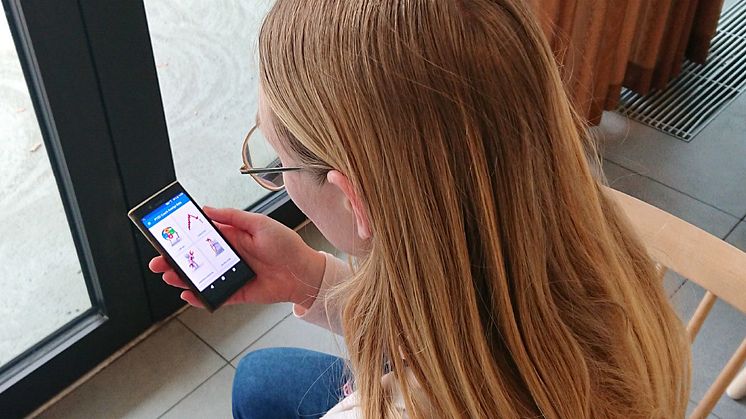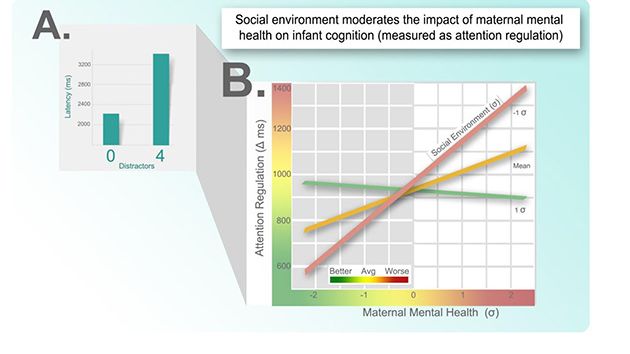Traumatic brain injury can lead to higher probability of work disability
People affected by traumatic brain injury (TBI) have an increased risk of work disability that can recur even years after the injury, regardless of its severity. This has been shown in a new national registry study from Uppsala University in collaboration with Karolinska Institutet (KI) and is based on close to 100,000 people with a traumatic brain injury.




